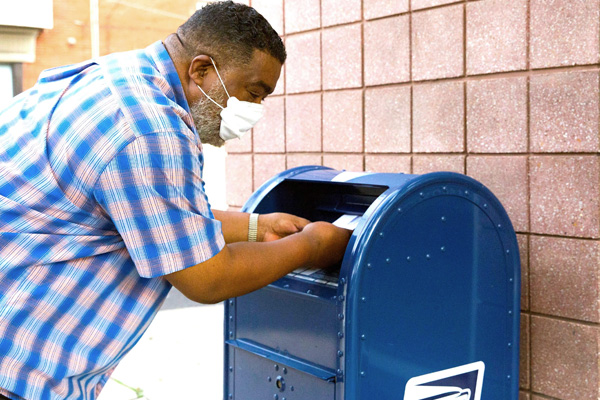MAIL ORDER IN REVERSE –
May 24, 2022 – The researchers invited 657 patients to participate in their study, and 302 consented. Of those who participated in the trial, which took place from April 19 to June 1, 2021, half were sent an at-home disposal kit that was embedded in an existing postoperative text message program used to capture patient-reported outcomes data. Delivery of disposal kits was timed so that they would arrive when patients were most likely to be finished taking the medications. The remaining half of the study’s participants were given usual care, which includes a text message with a hyperlink to nearby disposal locations (and no at-home disposal kit).
The odds of self-reported leftover opioid medication disposal were found to be twice as high for those who received the mailed kits.
“I was pleased to see that such a simple, ‘snail mail’ approach could change behavior and promote self-reported disposal,” the study’s lead author, Anish Agarwal, MD, MPH, an assistant professor of emergency medicine and chief wellness officer of the Department of Emergency Medicine at Penn Medicine, told Penn Today.
“The opioid epidemic clearly continues to be front and center for patients, and the concerns with opioid use and misuse are becoming a real part of the conversation between physicians and patients. I think patients are more aware of the risks and consequences of using opioids and storing them in their homes.”



